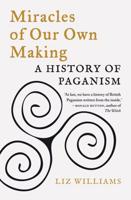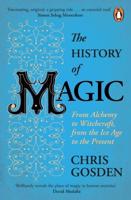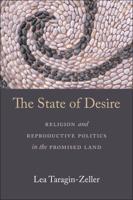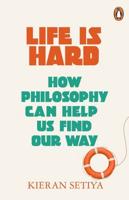Publisher's Synopsis
In the 1st century, sea salt was preferable to "salt of the earth" because it was nearly incorruptible. Earth salt had to be kept dry and carefully stored, or its smell and taste would be compromised. Once that happened it was useless except to be thrown on paths and walkways. "Treasure in heaven" has likewise been misunderstood. Heaven is not a place or a future event; it is a state of mind or a state of consciousness. The treasure spoken of here is the reality of "being" as our imperishable intent. When seen in this light, salvation can be understood as what centers us in our true purpose. Part of what has gotten in the way of comprehending Jesus' mission is our misunderstanding of some very profound ideas - ideas that should have come to us through Jesus' teachings, but have been obscured in translation. Jesus' miracles, or stories about healing acts, are another case in point. We think these stories about earlier events were originally told by Jesus to illustrate important qualities of readiness and openness - characteristics required if we are to achieve healing or wholeness. The Evangelists took Jesus' existing stories about these healing acts, and then reshaped them to glorify Jesus. Another profound misunderstanding affecting the church's comprehension of Jesus' mission could be a result of the way we have misheard Paul's attempts to explain his mystical experiences of Christ as if they were intended by Paul to be received as statements of doctrine. Nearly everything we read in the gospels has been colored by how scribes and scholars have understood, or misunderstood, Paul.









